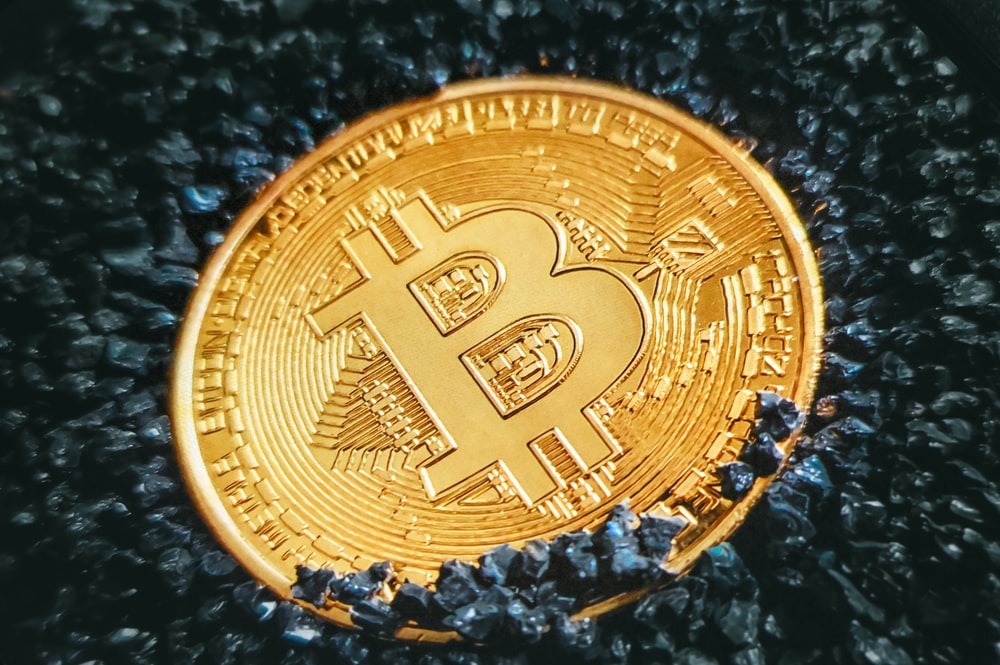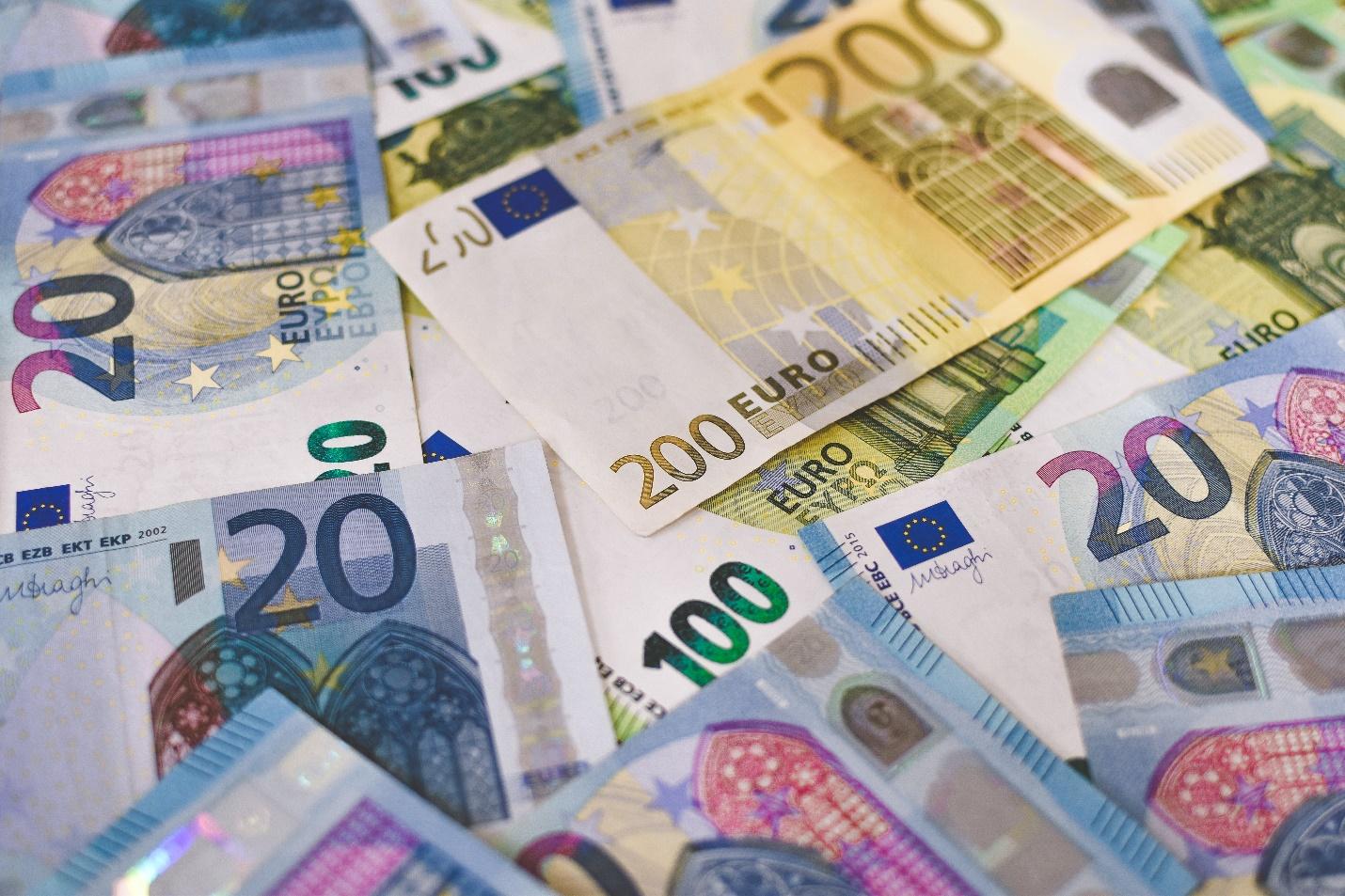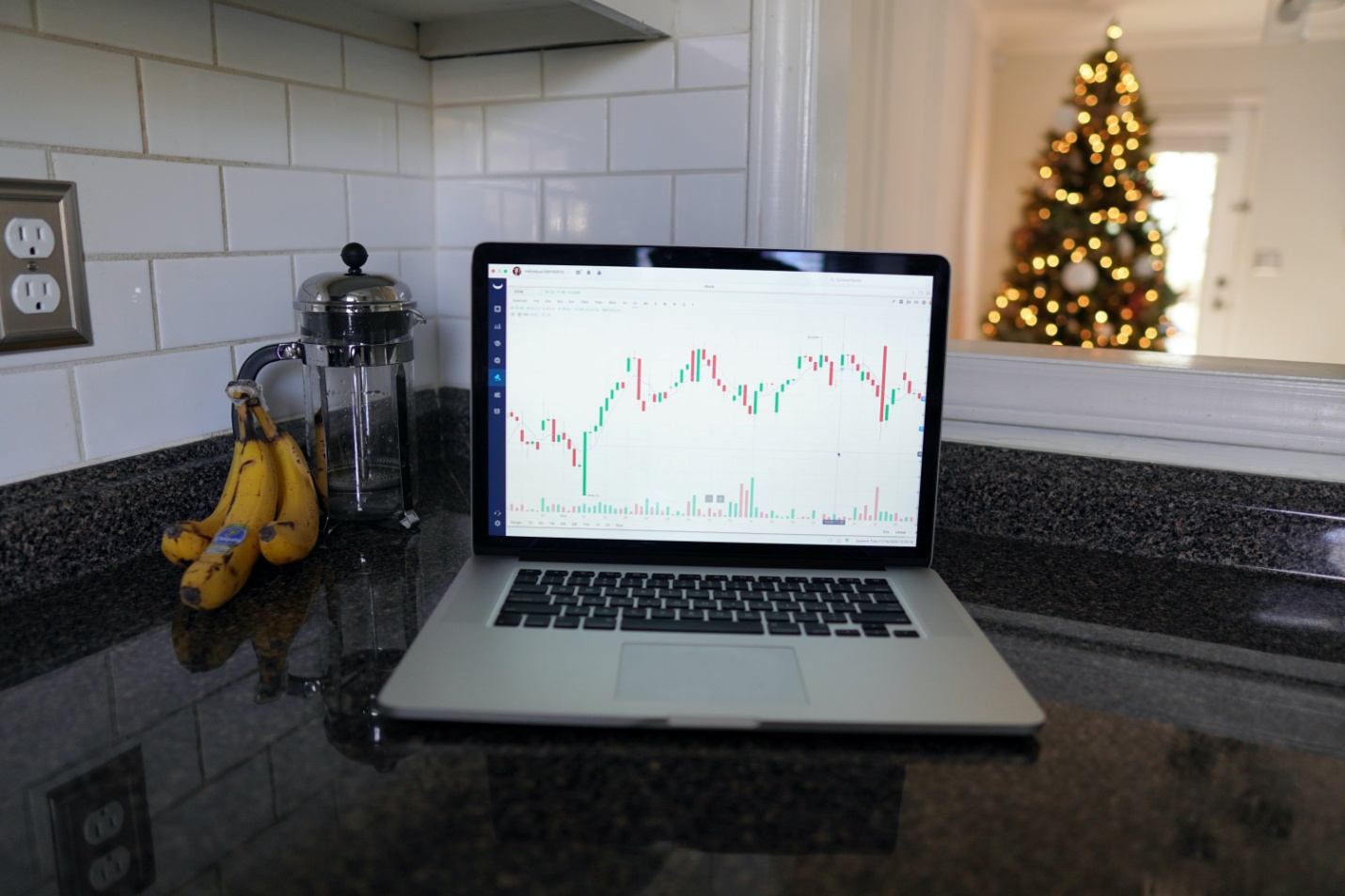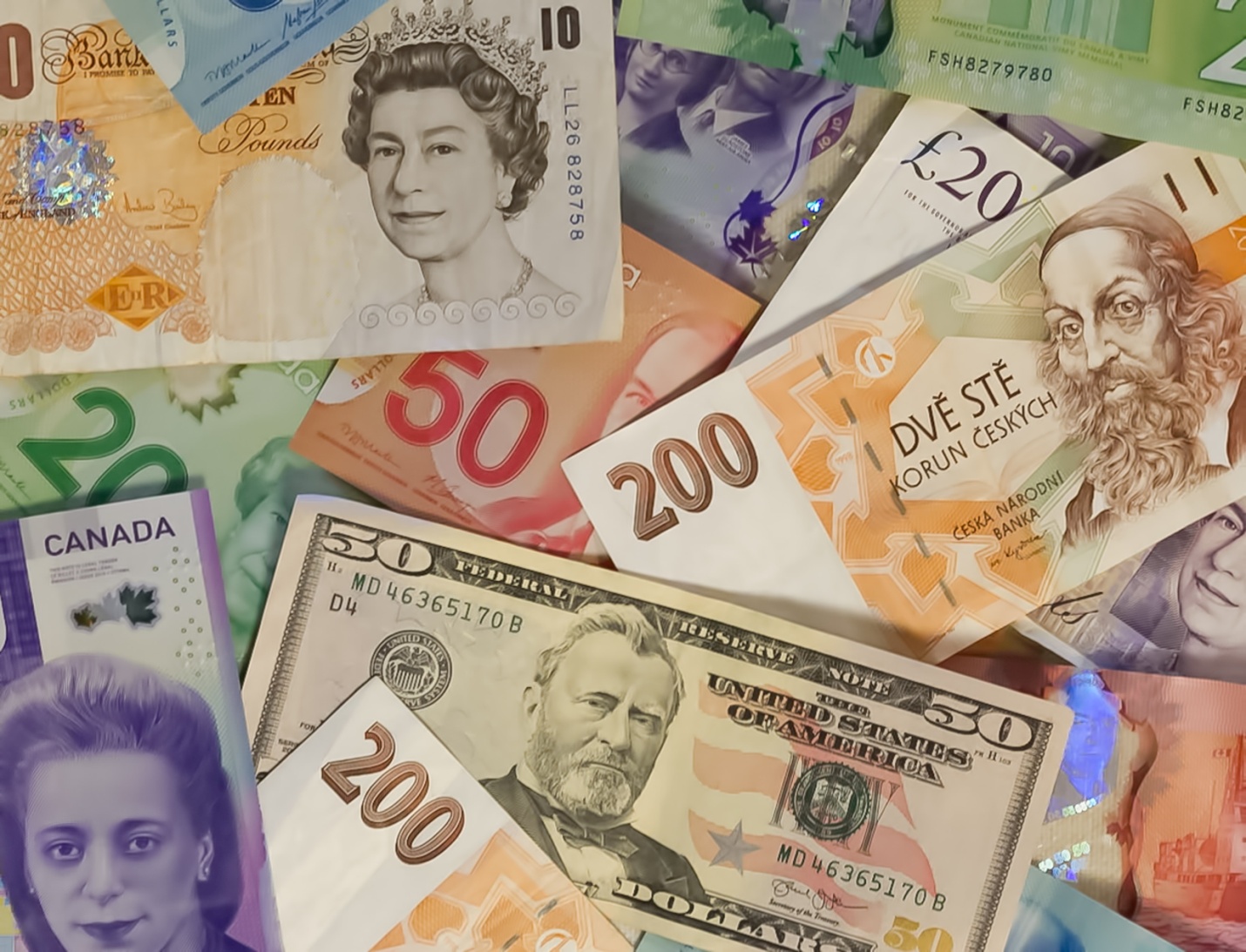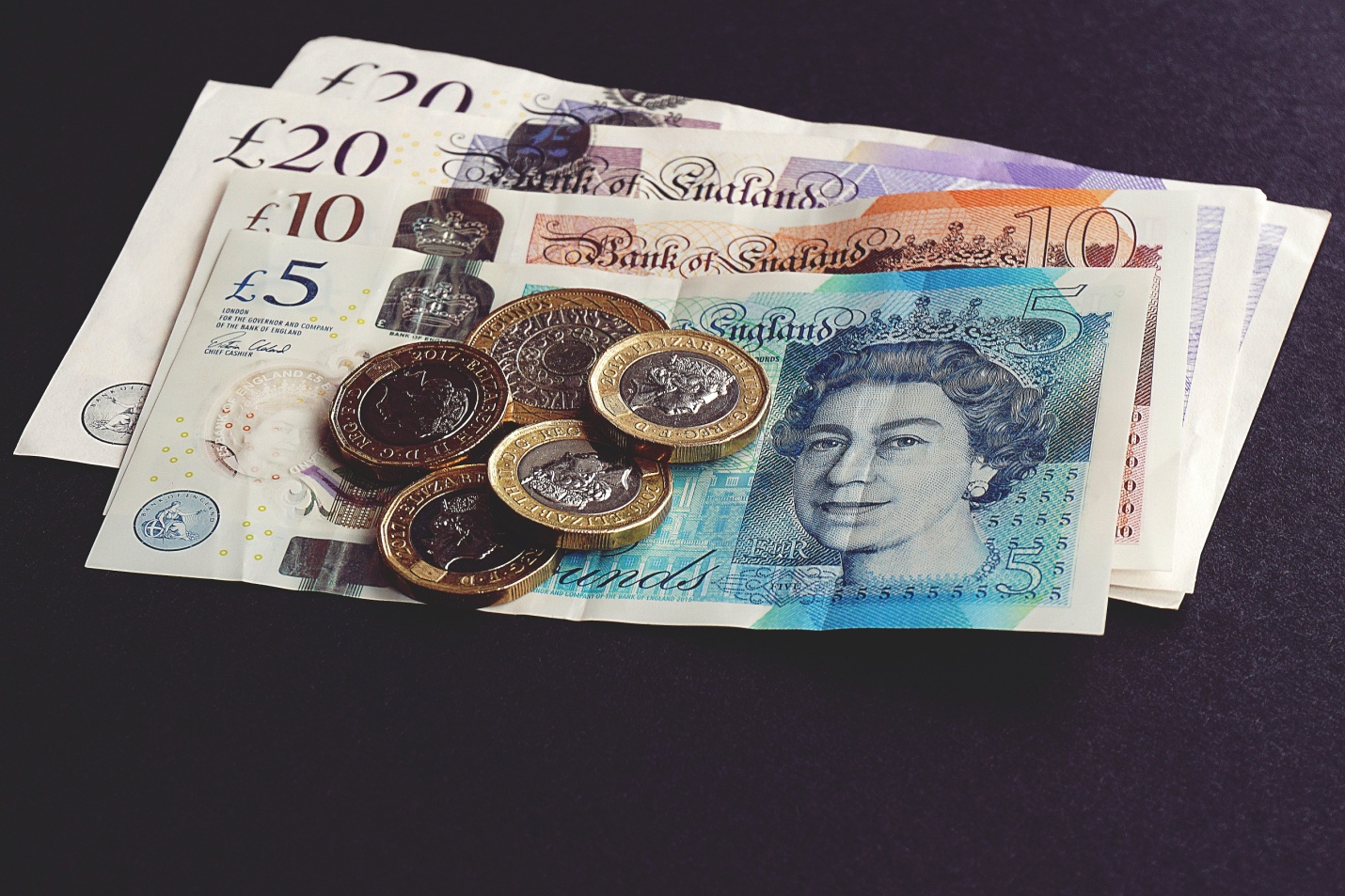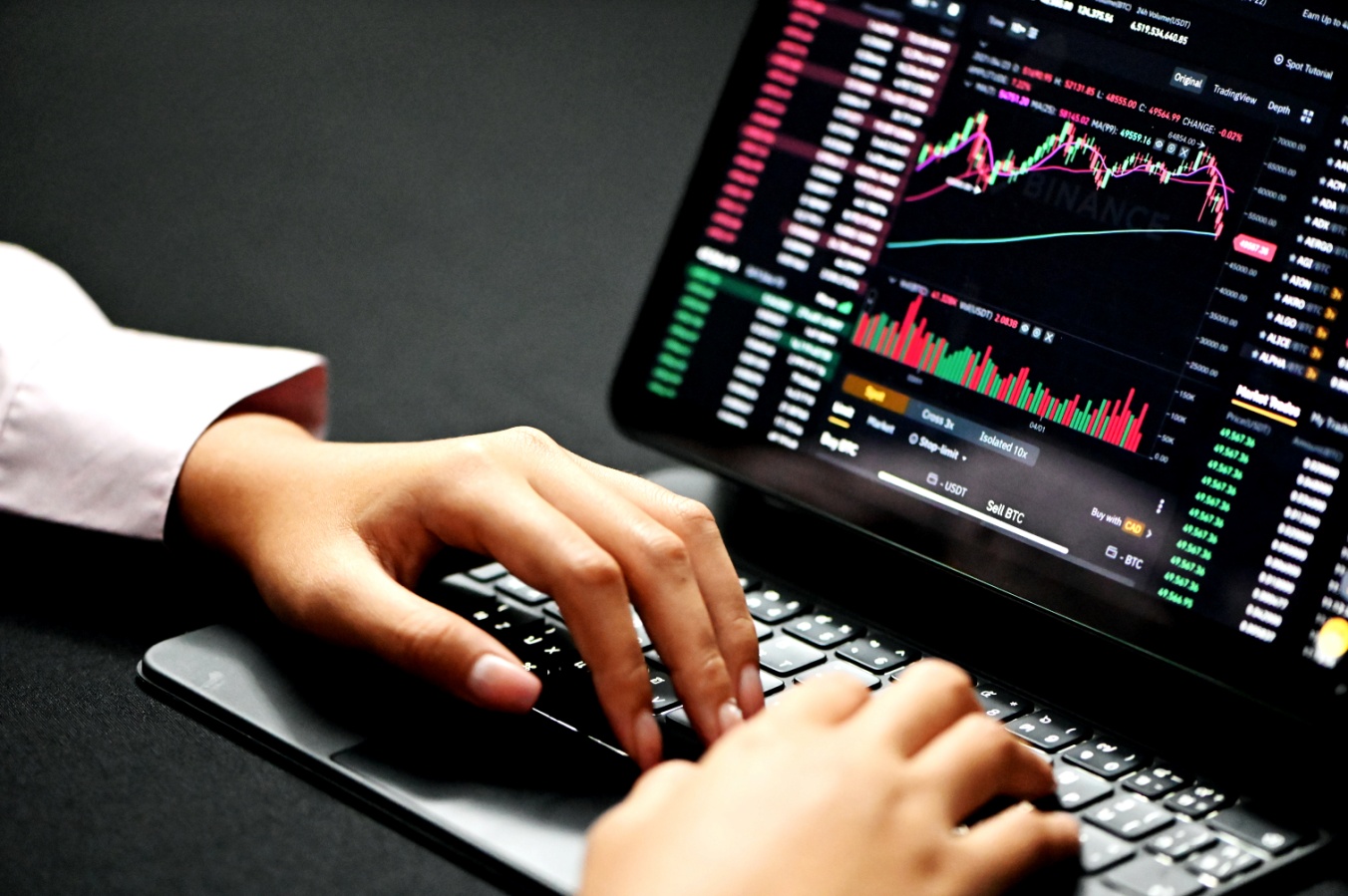What is Counter Financing of Terrorism & What Are the Basics for Traders to Know?
Counter Financing of Terrorism is a set of rules and regulations to stop and restrict the transfer of funds to terrorist groups. The purpose of Counter Financing of Terrorism is to make that these groups do not get any resources to carry out their missions or plans.
Furthermore, CFT also helps governments and authorities to track where the money went and the terrorists who received them. This results in restricted terrorist activities and governments can counter various terrorist missions.
Are you willing to learn more about the Counter Financing of Terrorism? Keep reading!
Some Basic Things to Know About Counter Financing of Terrorism
How Does CFT Work?
When it comes to terrorist activities, there are various methods that terrorists use for hiding the source of the funding and the activities that they perform with it. Regulatory bodies all across the world use a variety of techniques for stopping such activities. Some of the most common sources of terrorist funding are:
- Religious Organizations
- Kidnapping and Extortion
- Corruption
- Drug or Human Trafficking
- Legal Businesses
- Money Laundering
- Government Funding
Most of the time, terrorism goes hand in hand with money laundering. So, the most sure-shot way to track terrorism activities is to track down money laundering activities. If a regulatory body detects and stops any attempt to launder money, they are also stopping that money from being used to fund acts of terror.
What are the Benefits of CFT?
The main objective or primary goal of Counter Financing of Terrorism is to put a stop to and prevent terrorist acts. Another argument in favour of CFT is the possibility of criminals abusing the financial system through engaging in money laundering and terrorism financing. Governments and people alike might lose faith in the financial system’s integrity if it is unable to detect unlawful behaviour or stop such activities.
Counter Financing of Terrorism also has a substantial financial impact on a country’s economy as well. The most significant of these impacts is the fact that CFT regulations keep a check on transactions and eradicate anonymity. They do this while ensuring privacy in all financial and other dealings that take place through a financial system.
In a Nutshell
CFT or Counter Financing of Terrorism is an initiative that not only helps regulatory bodies stop money laundering attempts but also limits acts of terrorism. This is because one of the key sources of funding for terrorists is money laundering and restricting the source of funding results in fewer terrorist acts.
Moreover, CFT also helps regulatory bodies or financial institutions to make sure that all transactions are carried out in a transparent manner and no shady deals are being made. Properly executing CFT initiatives can also have a substantial impact on the country’s overall economy and improve its standing among world nations.


